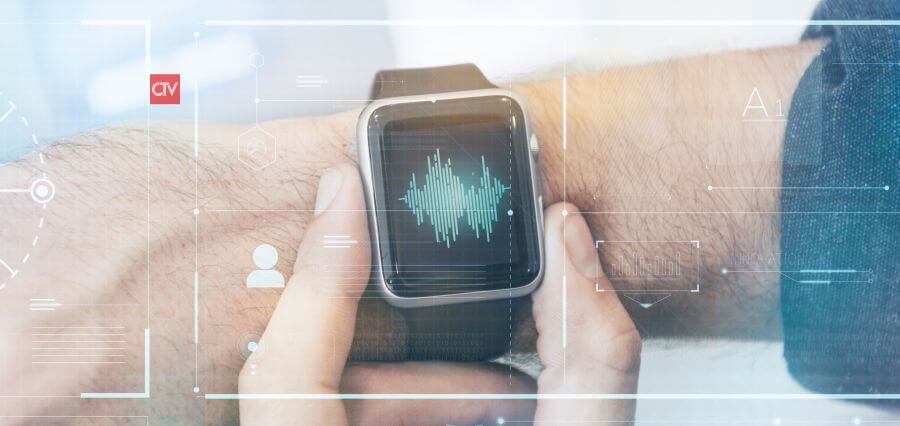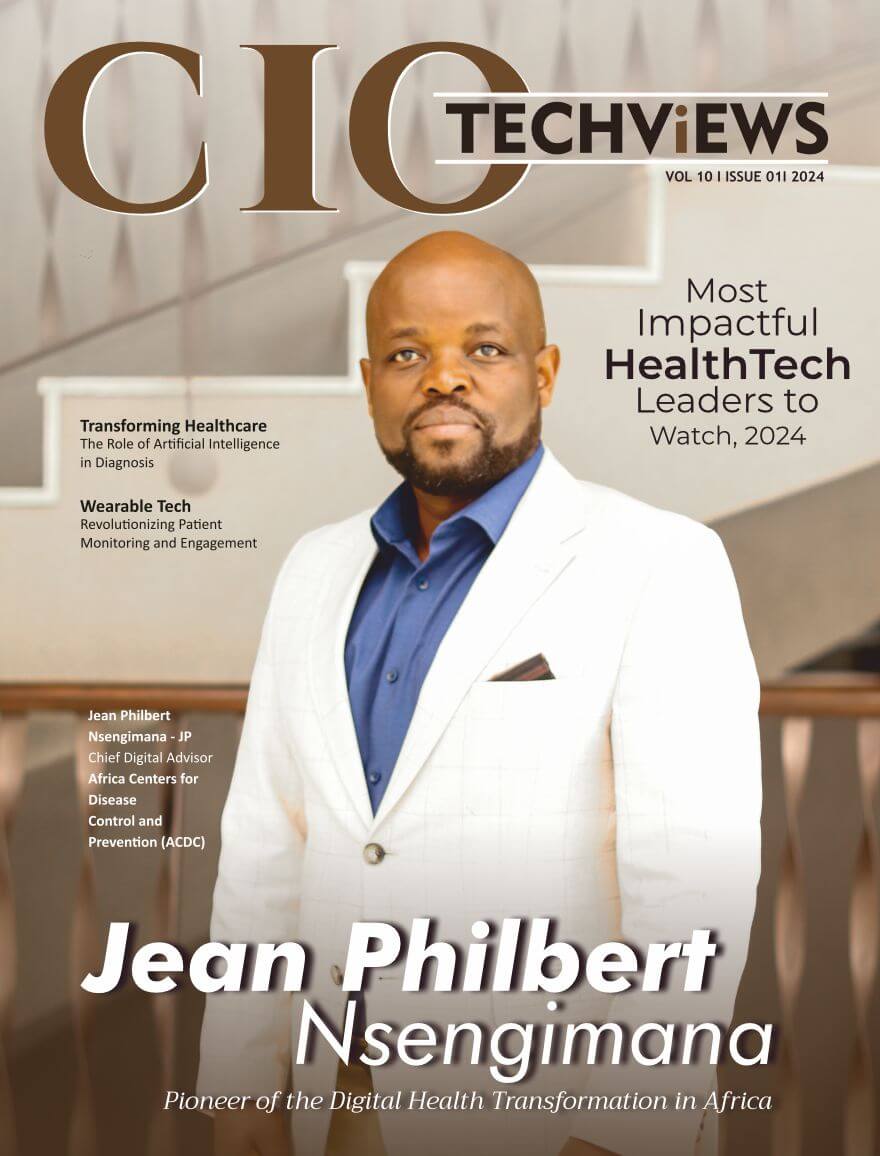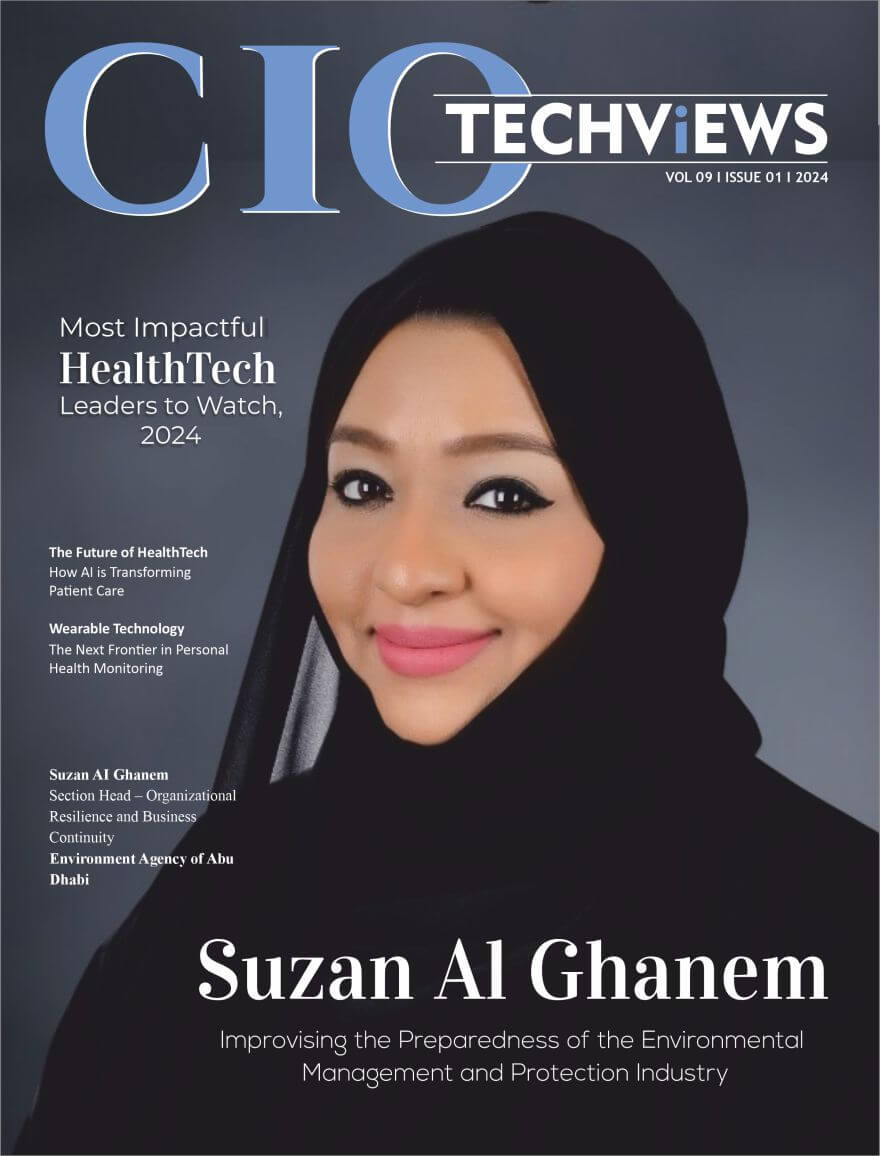The rise of wearable technology has ushered in a new era of personal health monitoring, making it more accessible and convenient than ever before. Devices that can track everything from heart rate to sleep patterns are now commonplace, allowing individuals to take a proactive approach to managing their well-being. This trend is more than just a fleeting interest; it represents a significant shift in how we think about health and wellness. Wearable technology is not only providing individuals with valuable insights into their physical condition but is also playing a pivotal role in transforming the broader health monitoring landscape.
Are you ready to embrace the next frontier in personal health monitoring?
The Evolution of Wearable Technology
Wearable devices have come a long way from the early days of simple pedometers. Today, they are sophisticated pieces of technology capable of tracking a wide range of biometric data. These devices, often worn on the wrist or integrated into clothing, have sensors that can measure heart rate, blood oxygen levels, and even detect irregular heart rhythms. The data collected is then processed by algorithms that provide users with actionable insights into their health.
The advancement of these devices has been driven by advancements in sensor technology, miniaturization, and artificial intelligence. What was once the domain of fitness enthusiasts has now become a mainstream tool for anyone looking to monitor their health. These developments have opened up new possibilities for health monitoring, allowing for continuous, real-time data collection that can be shared with healthcare providers.
Benefits of Wearable Health Technology
One of the most compelling aspects of wearable health technology is its ability to provide continuous monitoring. Unlike traditional health assessments that occur at set intervals, wearables offer a constant stream of data. This continuous monitoring allows for the early detection of potential health issues, enabling users to seek medical advice before a condition worsens. For example, a wearable device that tracks heart rate variability can alert users to changes that may indicate stress or fatigue, prompting them to take preventative measures.
Another key benefit is the ability of these devices to personalize health recommendations. By analyzing individual data, wearables can provide tailored advice on everything from exercise routines to dietary choices. This personalized approach empowers users to make informed decisions that align with their specific health goals. Moreover, the integration of wearable technology with smartphone apps and cloud-based platforms has made it easier for users to track their progress over time and set achievable health targets.
Challenges and Considerations
Despite the numerous benefits, there are challenges associated with wearable health technology. One of the primary concerns is data privacy and security. With wearables collecting sensitive health information, there is a need for robust measures to protect this data from unauthorized access. Users must be aware of the risks and ensure that they are using devices and platforms that prioritize security.
Another consideration is the accuracy of the data collected by wearable devices. While these technologies have advanced significantly, they are not infallible. Factors such as device placement, user activity, and environmental conditions can impact the accuracy of the data. As such, wearable technology should be seen as a complementary tool rather than a replacement for professional medical advice.
Additionally, the cost of wearable devices can be a barrier for some individuals. While prices have decreased over time, high-end devices with advanced features can still be expensive. However, as the technology continues to mature, it is expected that these devices will become more affordable and accessible to a wider audience.
The Future of Wearable Health Monitoring
The future of wearable health monitoring holds exciting possibilities. As technology continues to evolve, we can expect wearables to become even more integrated into our daily lives. Future devices may offer more advanced sensors capable of detecting a broader range of health indicators, such as hydration levels, glucose levels, and even mental health metrics. The integration of artificial intelligence will likely play a crucial role in analyzing the vast amounts of data collected, providing users with even more precise and personalized health insights.
Moreover, the collaboration between wearable technology and healthcare providers is set to deepen. As more data becomes available, healthcare professionals will be better equipped to offer personalized treatment plans and preventive care strategies. This collaboration has the potential to revolutionize healthcare by shifting the focus from reactive treatment to proactive management of health.
In Conclusion,
Wearable technology represents the next frontier in personal health monitoring, offering unprecedented opportunities for individuals to take control of their health. By providing continuous, personalized insights, these devices empower users to make informed decisions that can lead to healthier lifestyles and improved well-being. However, as with any technology, it is essential to consider the challenges and limitations that come with it.
As wearable technology continues to evolve, its role in personal health monitoring will only grow, paving the way for a future where proactive health management is within everyone’s reach. Embrace this technological advancement and take charge of your health journey today.
















